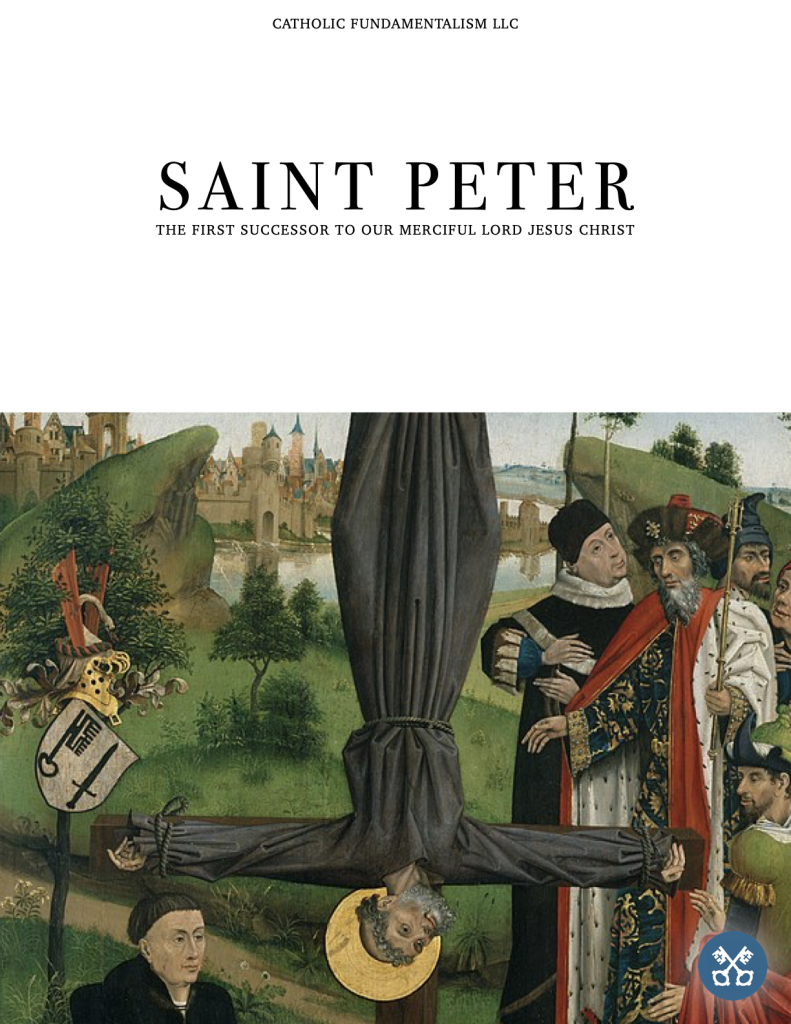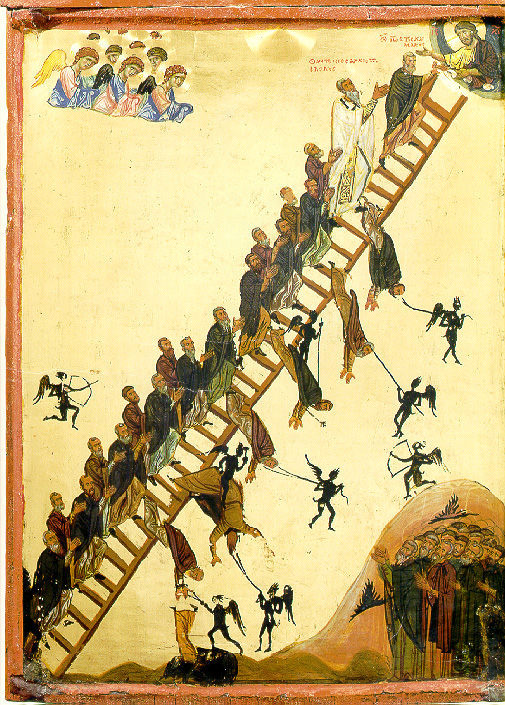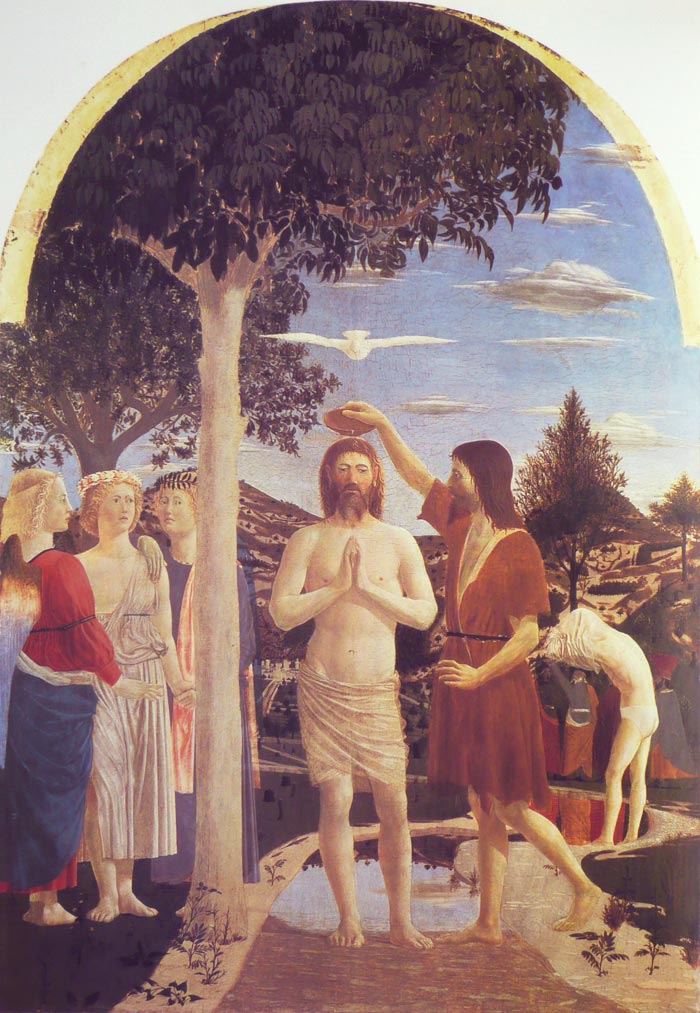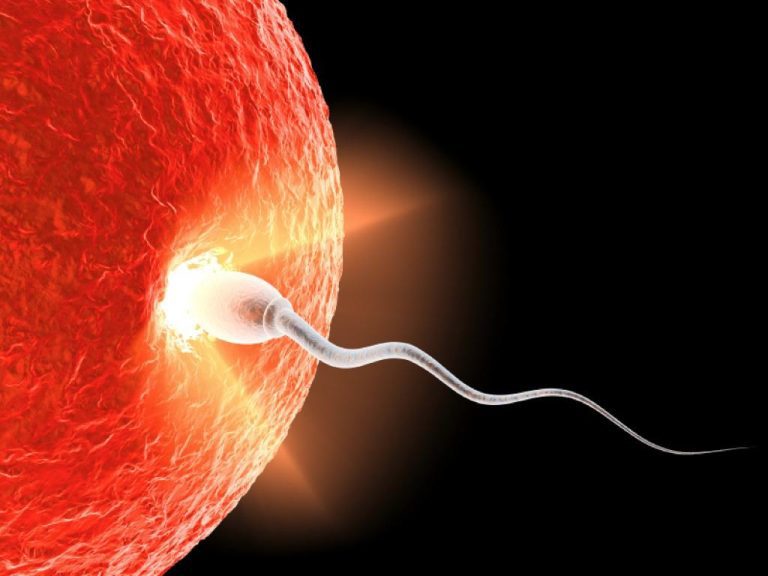Visualize the number of unused things we have in our attics, garages, basements, closets, and rented storage spaces. Then, multiply them by millions. Then, by tens of millions. Then, by hundreds of millions. Then, by billions. Then, consider the billions of people involved in getting those things made and distributed. We may want to ask, “What’s the point of all our things?”
We own so many things that storage totes are an important category in most retailers. Some totes are transparent so that people can see what they’ve forgotten is in them. Storage totes are made to be stacked on top of each other after they are filled. That allows us to put more things in the same floor footprint.
Every year that our unused things are stored, no matter how neatly, the likelihood that they will be used diminishes. In most cases, their value also diminishes. That economic reality is countered by a common delusion:
“What’s the point of all our things? My things are valuable. I watch Antiques Road Show, so I know that I have some very valuable things.” Such shows are often sponsored by insurance companies that justify accumulating and keeping things by providing financial protection for them.
Soon, every owner of every accumulation will die. Their things will be fought over, sold, donated, or thrown away. Lots of people are involved in the process. Do the original owners profit? Rarely. All the money spent for insurance is gone. In 40 years, the annual two and a half percent premium wipes out their entire value. The values of most antiques and collections have dropped sharply in the last five years.
So, what’s the point of all our things? They make us feel good for the short time following their acquisition. Then, they become another headache, something else to worry about. Ultimately, if we are blessed, we’ll be fortunate enough to understand the real answer to “What’s the point of all our things?”
The answer is, there is no point to the things we have but don’t need. Realizing that helps us then to concentrate on He Who made all there is. That’s our true purpose. It’s much better to stop being distracted by things on which we waste time and money. It is better to move far enough ahead to realize that our utterly immaterial soul is our most important possession.
Without having so many things with which to become bored and burdened, we might not have been bent down enough to see a straight, narrow path leading away from the broad, heavily traveled road to destruction.





